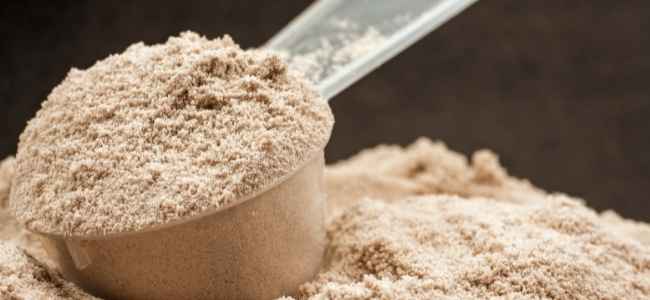People’s bodies require a continuous supply of minerals, vitamins, and other nutrients throughout a person’s lifetimes to maintain excellent health. Nonetheless, it might be difficult to obtain all of the necessary elements people require from diet alone. While nutritional supplements, such as BCAA powder, cannot replace good eating habits, when taken appropriately, they can offer enough levels of critical nutrients. If you are an informed customer, dietary supplements may play a critical part in maintaining a healthy lifestyle.
Protein from Hemp
Although it provides less protein than whey (15g versus 20g), it includes all of the amino acids the body requires and is often organic. Additionally, it is high in fibre, which is beneficial for your gastrointestinal tract. While other protein supplements include amino acids, they lack the fat found in hemp. It not only helps maintain healthy cell walls and the skin’s natural barrier but also aids in vitamin and mineral transportation throughout the body, reaching every station on the track – including your hair and nails.
BCAAs
BCAA powder promotes protein production and keeps the body energised during exercise. At the same time, the fruity flavours motivate you to stay hydrated – and, of course, water helps drain out any impurities that may accumulate on the skin’s surface.
Hair and nails are composed of keratin, a protein. Yet, it is logical that they would rank last on the body’s priority list for protein delivery, given they are not required bodily activities. At least not since humans began wearing clothing to stay warm! Increasing BCAA intake ensures sufficient BCAAs to fill the potassium-ion channels in hair roots (one of BCAA’s several functions), allowing hair to grow longer and more robust.
Protein Powder
Protein powder, the elixir of gym-goers worldwide, has been touted by bodybuilders for years. Protein is the fundamental building component of all muscles, and as such, you should consume as much as possible. This might be challenging for larger individuals seeking to gain muscle or retain bulk, but consuming it in powdered form simplifies obtaining the correct quantity of the macronutrient. Protein powder is available in various forms, including whey, casein, pea, and soy. When purchasing protein powder, seek a product’s amino acid profile – amino acids are necessary components of protein molecules. Each amino acid is involved uniquely in the development of muscle and physiological functions. If a powder contains a small number of amino acids, it is usually not worth purchasing.
Additionally, avoid protein powders with added sugars – while they may improve the flavour of the drink, they add unnecessary calories that will not help you gain muscle.
Creatine
Creatine is also available in powder form, although it is synthesised naturally by one’s body and is present in protein-rich meals such as meat, albeit in trace amounts. In essence, creatine aids in creating adenosine triphosphate — the body’s preferred energy source — enhancing performance and muscular contractions. Additionally, it aids in strength and the growth of lean muscle mass speeds up muscle recovery following an intense training session.
Before you even consider racing to the supplement’s aisle, you should consider if you require them. And to determine that, one must look at the term itself: “supplement,” which refers to anything that complements or enhances another. Thus, you’re complimenting or improving your nutrition in this situation, either because you lack something or need a boost.
